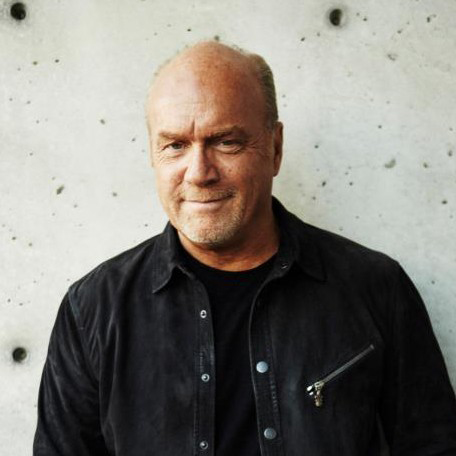What would happen if you requested prayer for depression in your church small group meeting? Would people be supportive? Would they think you lack faith? Would they assume there must be a spiritual problem? Would they avoid you because of what you shared? Or would there be a stigma?
I hope the answer would be one of support. But experience tells me this is not always the case. There is still a stigma around mental health and getting help. Not everyone believes you can be strong in your faith and still struggle. This is often due to a lack of understanding as to how mental health problems develop. In reality, the underlying reasons for mental health disorders are quite complex.
Sometimes, mental health issues are brought on by a medication reaction, a medical illness, neurocognitive decline or a brain injury. Depression, for example, is common after a heart attack due to the change in physiology. Other times, adverse childhood events, trauma and loss can impact relationships and life adjustment. Stress can put people on edge and create anxiety. Our body, mind and spirit are connected. What happens in one, impacts the other. So, we need to be careful not to rush to quick judgment when someone is hurting. We don’t know the details of their life story.
Telling people with mental health problems that their disorder is a result of sin or a lack of faith is uninformed. Now, there are times when life choices and sin play a role. But to assume this is the cause is dangerous because you don’t know what the person is going through. This is why a trained mental health professional needs to be involved.
Some of my patients believe that to admit to a mental health problem means they are crazy. This is not true. Everyone can use help once in a while. And depending on what has happened in your life such as trauma, loss and stress, you may be triggered or overwhelmed.
When you do seek help, a biblical perspective is important. I often get asked, does it matter if I have a Christian therapist or not? While secular therapists can offer help, world view matters. For example, a secular therapist may view marriage as a contract not a covenant. This means it is fine to leave a marriage if your part of the contract is not fulfilled. A Christian therapist should view marriage as a covenant, not a contract. This view encourages reconciliation of relationships (apart from abuse and danger). The culture and Christian views clash, so you need someone who will support your biblical world view.
Finally, the church needs to be a safe place to discuss our brokenness and hurting. Yet, so many don’t trust the church or the people in it to keep confidences and not gossip. Given how we overshare on social media, this is a concern. So, take a moment and think about how you respond when you hear someone is going through a divorce, has anxiety or struggles with addiction. Are you supportive? Do you overshare or gossip?
An important step in any healing is to build your faith through the Word of God. The more you fill yourself with the Word, the more you can stand in faith for healing. Speak the Word of God over your problem. Claim His promise for a sound mind and peace. Stand on the Word no matter how you feel. And if you need help, find a Christian therapist. There is no shame in this.














